#sir edwin arnold
Explore tagged Tumblr posts
Text
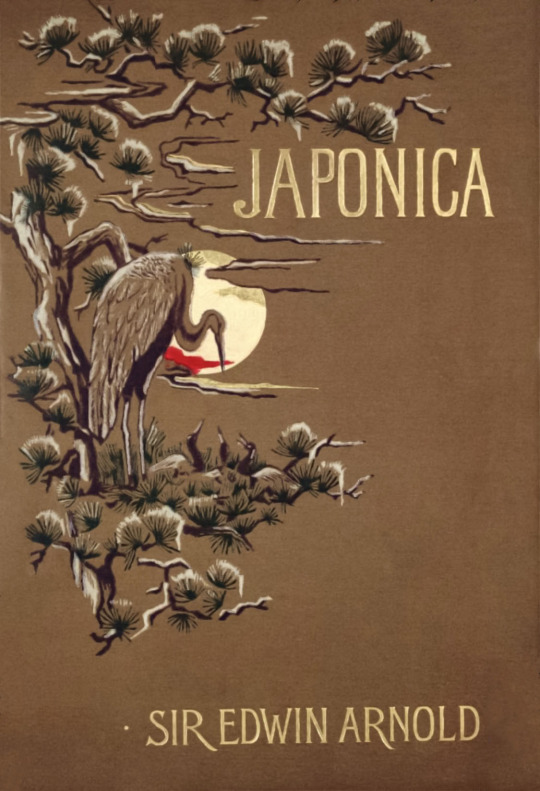
JAPONICA by Sir Edwin Arnold (New York: Scribners, 1891). Illustrated by Robert Frederick Blum.
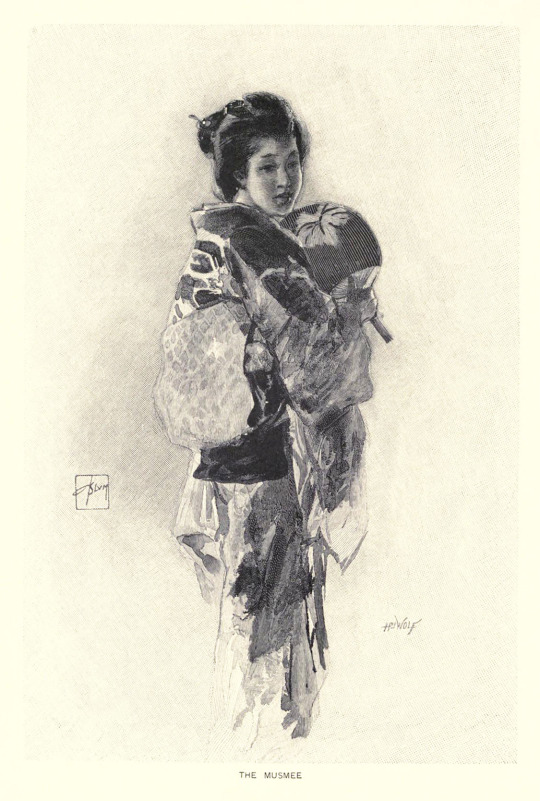
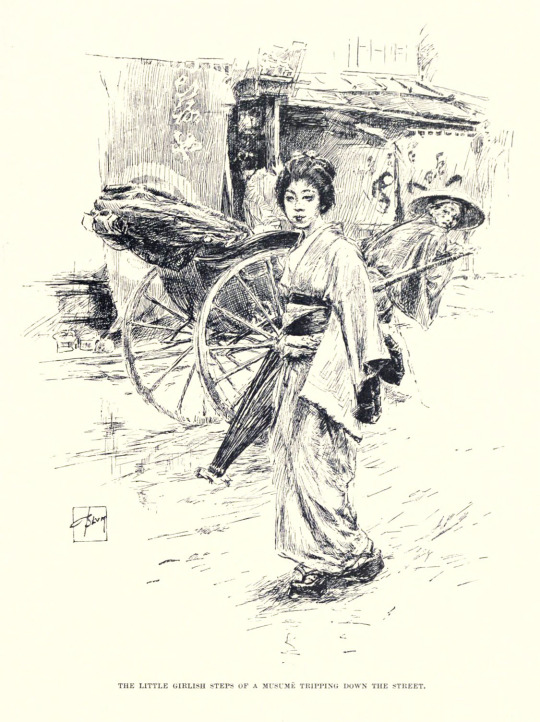
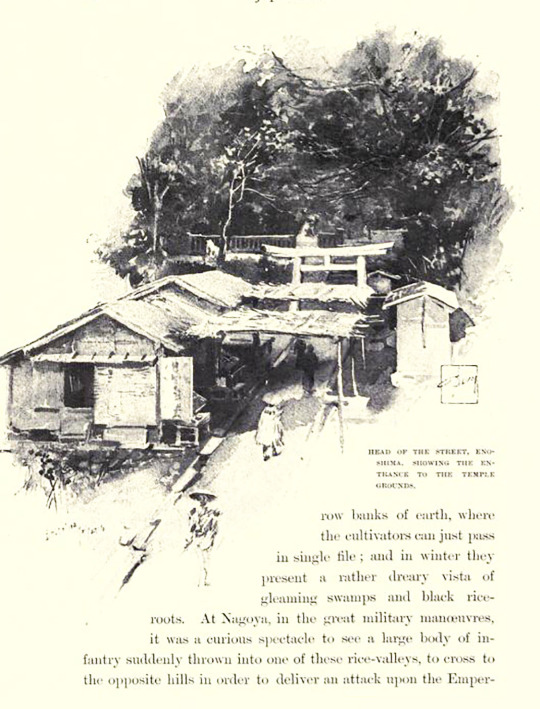
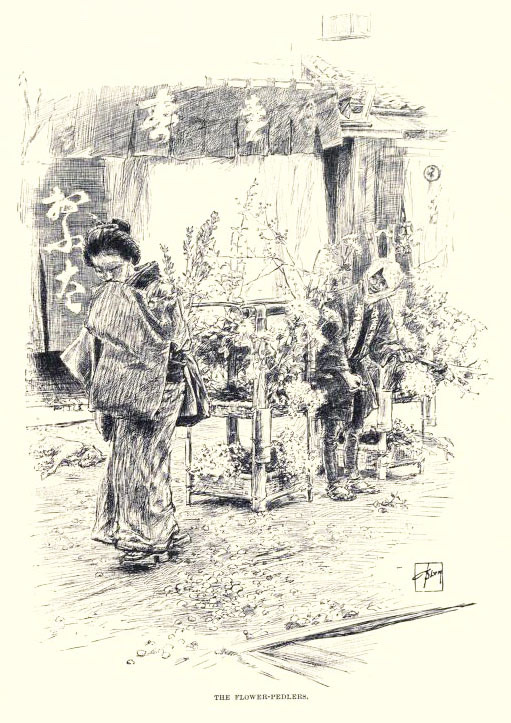
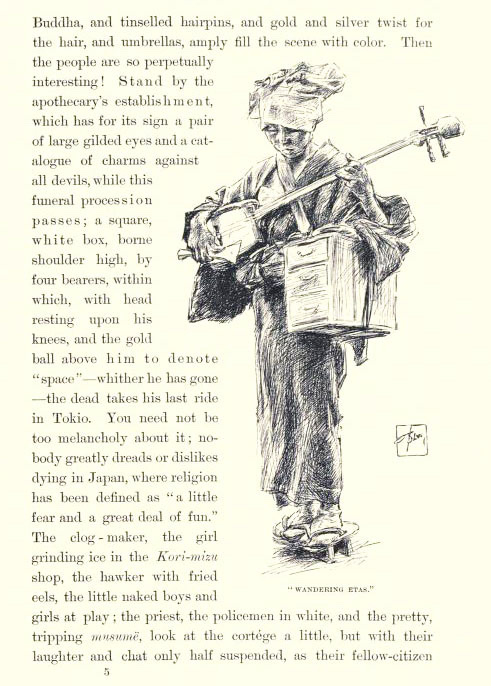
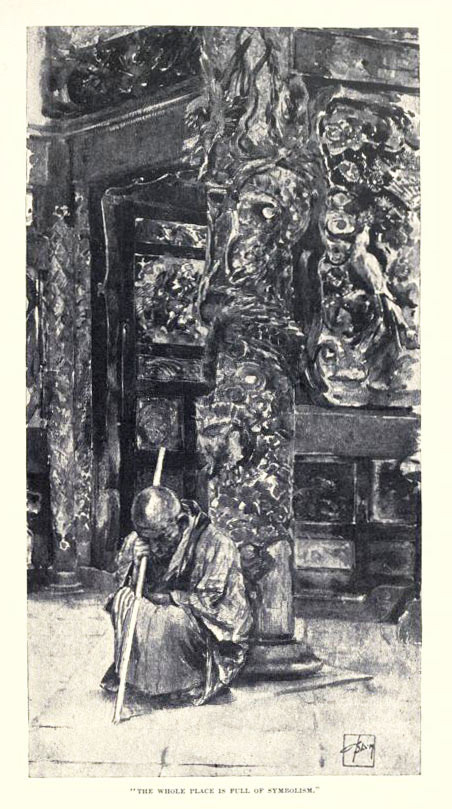
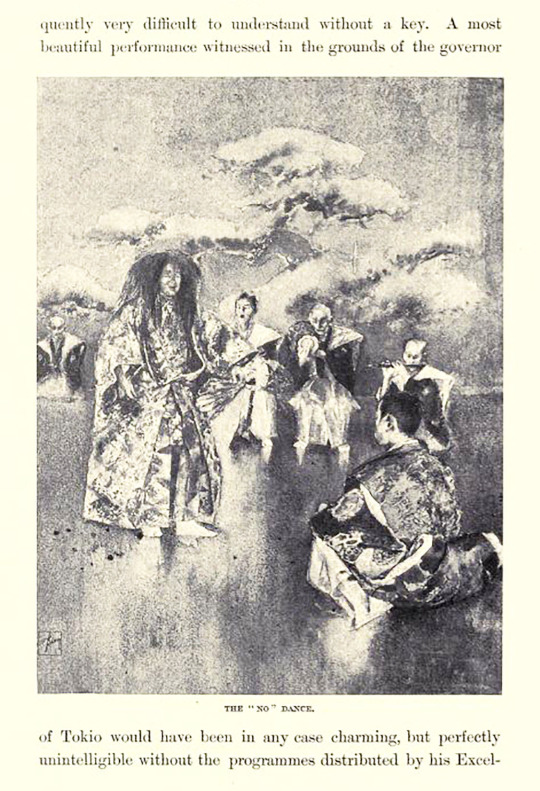
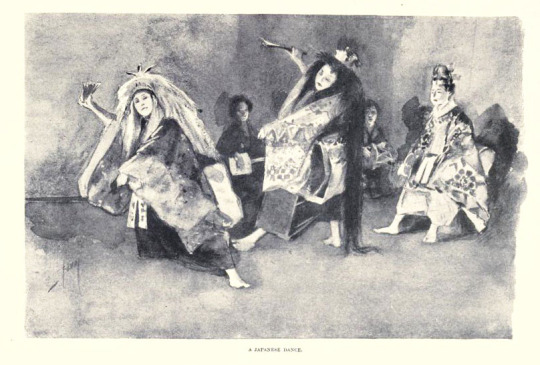
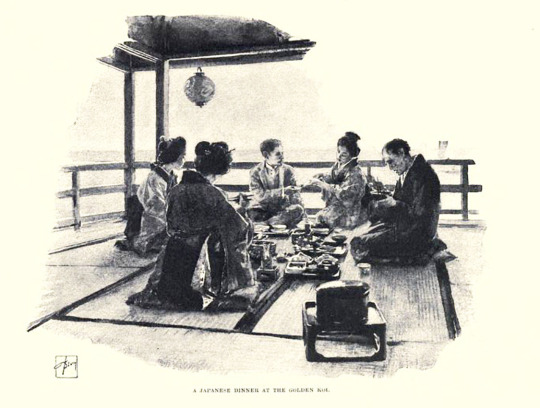
source
#beautiful books#book blog#books books books#book cover#books#vintage books#illustrated book#book design#japan#japan travel#sir edwin arnold#robert frederick blum
45 notes
·
View notes
Text
Onward to Eternal Day
Summary: Several months after their rescue from the Wilderness, Natalie still struggles with feeling human again. In an effort to reconnect with someone who understands, she goes looking for her fellow surviving Yellowjackets. In true teen-prophet fashion, Lottie sees her coming.
Relationship(s): Lottie Matthews/Natalie Scatorccio; Lottie Matthews & Natalie Scatorccio; minor Lottie Matthews & Laura Lee
Ratings: Teen+
Link: Onward to Eternal Day (AO3)
A/N: Slight story behind this story: this was actually the first piece I wrote for Yellowjackets. Really, just an exercise in trying to find a writing voice for Lottie and Nat. It was originally going to be my induction into the fandom before my Razia's Shadow AU suddenly possessed me. At the time, this was already at a solid 51 pages, so I couldn't just scrap it. LottieNat Week on Tumblr felt like a good time to revisit it, and so here we are!
Preview: "She shifts in her seat, suddenly hyper-aware of how hard and unforgiving the cold metal is. It’s uncomfortable, but grounding in that way. She holds onto that feeling, keeping herself in this moment. Tethering herself to her new purpose, even if it’s something as simple as visiting Lottie.
“How, um…how long have you been here?”
Lottie’s brow furrows again. Her glazed eyes look around them, searching for the clues to her answer along the walls. There’s a certain hesitance to it as she goes to answer, like she isn’t sure if she’s allowed to say. Or even to remember.
“For…a while,” is what she settles on eventually.
“OK,” is Nat’s equally vague response to that.
Now, she’s the one looking around the room. Searching for whatever Lottie is looking for. All she sees, however, are the same frost-white walls. It stirs that earlier sense of unease through her blood again, and she ultimately has to look away from it.
She tethers herself to Lottie again, instead. Lottie, who still sits there quietly, looking just as dazed and lost as the day they were brought home. Lottie, who also hasn’t changed her hair since that day, leaving it long and frizzy where it falls on either side of her chest. Lottie, who still has the pale outline of a little arch-shaped scar in the center of her forehead. Her third eye, as she and Tai would sometimes call it under their breaths in condescension.
Lottie…
Lottie, who has bruises.
She notices the first one when Lottie begins idly rubbing her arm, bringing one hand into view over the surface of the table. A patch of discoloration marks her wrist, peeking out from the long sleeve of her cardigan.
“Lottie?” slips out of Nat in alarm. That previously dormant provider role she’d had in the Wilderness rouses again, straightening her spine to get a better look at the markings on her teammate’s skin. “Did you get hurt in here?”
Lottie follows her gaze down to her wrist. She turns it over once, twice, inspecting it like it’s the first time she’s noticed it. Then she half-heartedly tugs on her sleeve to cover it (not because it bothers her, but because Natalie seems so upset by it; a martyr’s habits die hard apparently). As she does so, Natalie sees the matching one on her opposite wrist.
One abrasion could’ve been accidental. Multiple feels familiar to Natalie in a way that makes her fingers itch for the shotgun on her dad’s side of the closet.
Weren’t places like this supposed to keep the patients safe? Even from themselves? If they couldn’t manage that, then—
“What the hell are they doing to you in here?”
It’s the first question to make Lottie palpably uncomfortable. She looks at the table between them, rubbing her arm some more. She doesn’t notice—or perhaps just doesn’t care—that the friction of her sleeves against each other causes the fabric to writhe up, exposing the ring of bruises again.
“There’s…” she starts to say, sounding confused by her own answer as it rotates in her mind. “It’s just to…until they can fix me.”
“What does that mean?” Natalie demands, untrusting of that particular phrasing.
“I’m not…” Lottie struggles some more, cinching her eyes shut with a minute shake of her head. “I have to…”
She cut herself off with a distressed catch of breath. Her eyes open, and for the briefest of moments, she looks fully human again. Not just present in the moment, but capable of genuine emotion. Granted, it’s a frustrated emotion right now, bordering on tears, but still.
She looks like Lottie again.
It would be a relief if she didn’t look so miserable at the same time.
“I still hear it,” she says at last, quiet and somber. It comes out like a confession of sin, although it’s far from the worst thing either of the girls have seen or heard. “At night. Sometimes, I can still hear…It.”
Round brown eyes bore into Nat, imploring her to understand.
She does. Maybe not in the same way Lottie does, but she definitely feels It lingering in her bones. It’s what brought her out here, after all, searching for camaraderie in warding it off.
“Yeah,” she mumbles, now ducking her own gaze to the surface of the table between them. “I know what you mean.”
“Do you really?”
Natalie winces a little at the hopeful tinge painting Lottie’s question. She was never good at that; handling other people’s hope.
Ironically, that had been more of Lottie’s thing.
Natalie had always envied it, just as much as she’d secretly wished she could receive it. That she could accept it when it was offered.
Now, Lottie fills in the silence where Nat struggles to. “I, um…try not to listen. They say it won’t help. But sometimes I…”
Natalie looks up just as Lottie trails off. Her stomach twists with helplessness as she watches her former teammate’s eyes glaze over again, staring right through her.
“Lottie?” she tries, opting to physically reach out to the other girl. To ground her. However, as she stretches across the surface of the table, she hesitates to actually put a hand on Lottie’s body.
Logically, she knows there’s no reason to be nervous. It’s not like Lottie is made out of glass, or that touching her—potentially pulling her out of her trance—would cause her to shatter. Then again, Lottie did always have a way of defying logic."
#my stories#lottienat#Lottie Matthews#Natalie Scatorccio#lottie x natalie#Yellowjackets#fun fact!#the title is from Sir Edwin Arnold's poem: Destiny
8 notes
·
View notes
Text

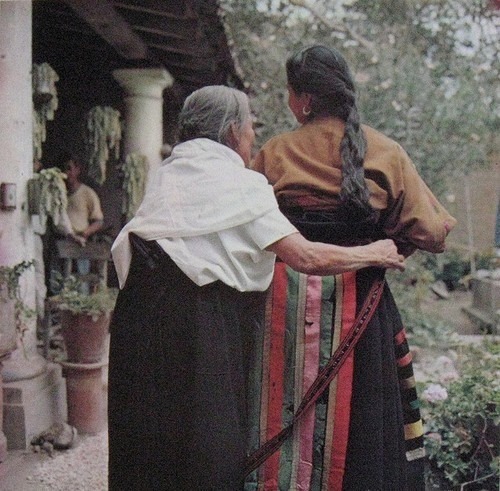
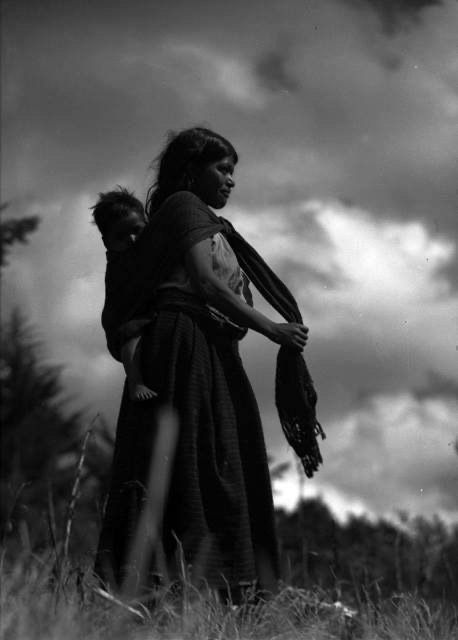

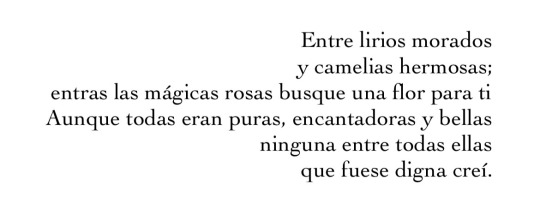

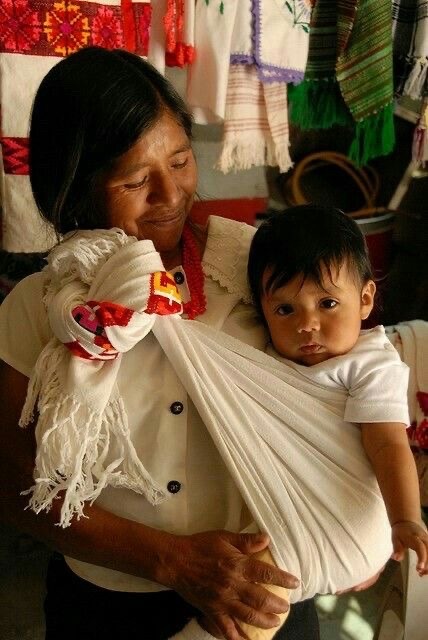
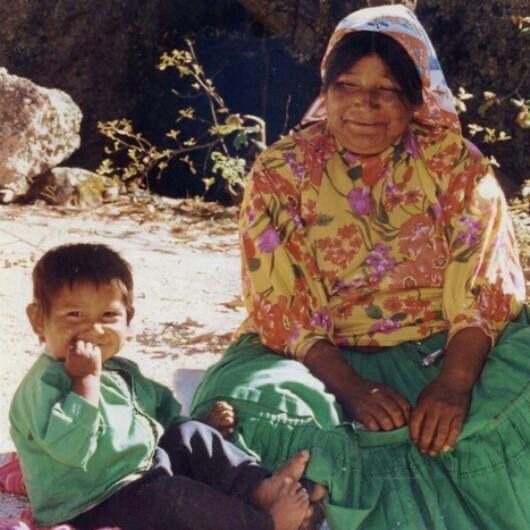
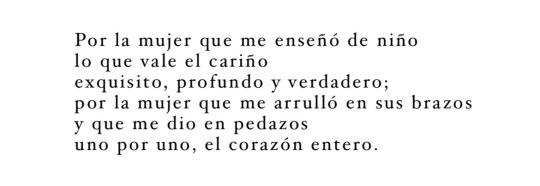



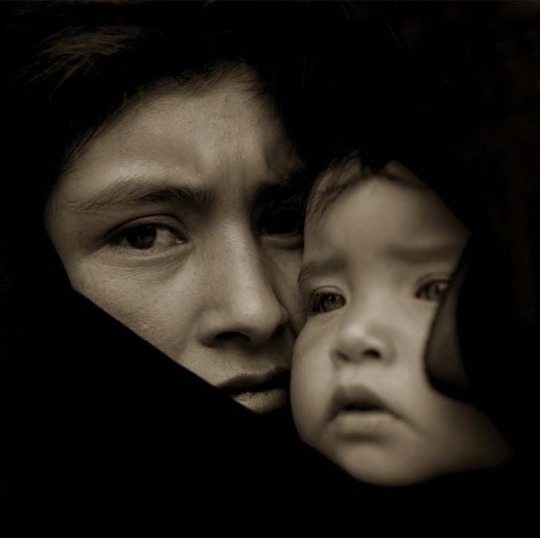
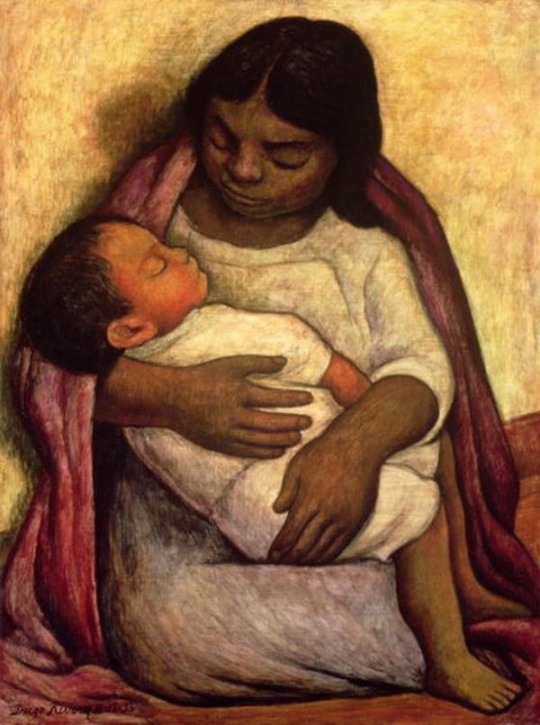

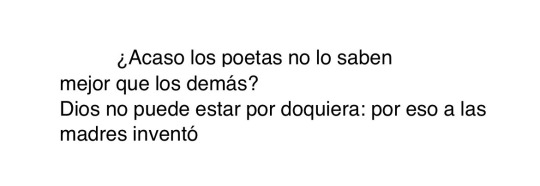

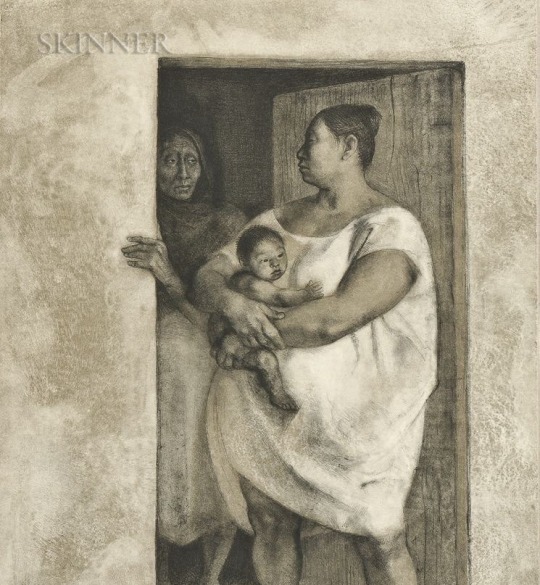
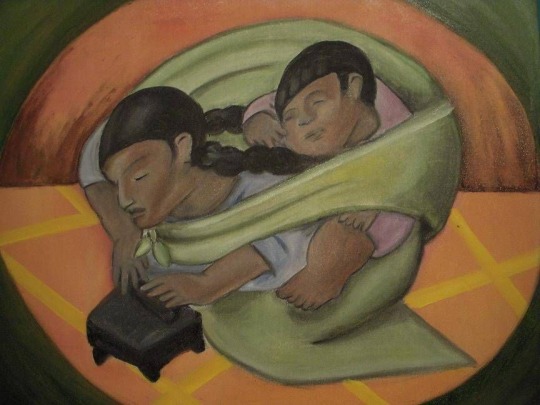



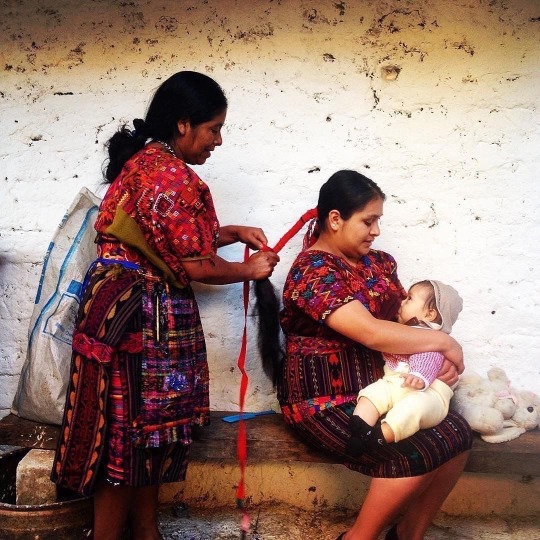
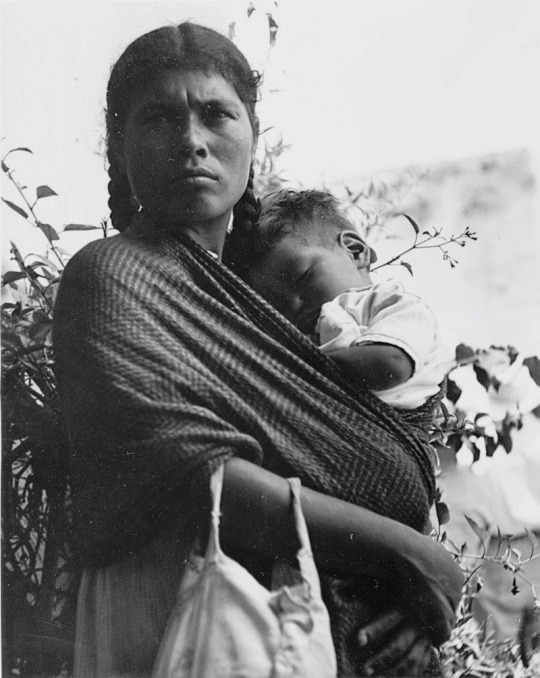

TE AMO MAMÁ
Unknown; // “Amor Eterno”, by Juan Gabriel; // “A mi madre en su cumpleaños”, by Manuel Acuña; // “Letters to Mothers” (1839), by Lydia Huntly Sigourney; // “El brindis del bohemio” by Guillermo Aguirre y Fierro; // Abraham Lincoln; // “Te amo mamá”, by Marco Antonio Solís; // “Mi madre, mi ángel guardián”, by Aracely Abundis; // “Dulzura”, by Gabriela Mistral; // Sir Edwin Arnold; // Unknown; // William Makepeace Thackeray; // Oscar Wilde; // Unknown; // Unknown
#webweaving#web weaving#webweave#web weave#poem#poetry#amor#poema#poesia#quote#día de la madre#mother#mothers day#i love you mom#aesthetic#love poem#madre#spilled thoughts#spilled poetry#spilled ink
44 notes
·
View notes
Text

Hamzeh Carr (Australian Illustrator and Writer -no Bio available)
"And some maid told an ancient tale" 1926
Illustration from:
Sir Edwin Arnold The Light of Asia, London: John Lane The Bodley Head Ltd 1926, p. 44
23 notes
·
View notes
Text

Tama Kurokawa, Lady Arnold c. 1904
Wife Sir Edwin Arnold, poet laureate. At the time of her marriage in 1897 she was said to be the only Japanese woman bearing an English title. She and Sir Edwin lived in London where she wore her kimono in the privacy of her home but western clothes in public.
36 notes
·
View notes
Text

Global Spread of
Buddhism - 11
& Buddhism in Europe
In the 3rd century BC Alexander the Great conquered North Western India and established Greek colonies, where the inhabitants practised what is known as Greco-Buddhism. Following the 3rd Buddhist council held in India during the 3rd century BC, emporor Ashoka sent Buddhist missionaries to the neighbouring countries and to other countries as far as Egypt, Syria and Greece. In the 19th century some Buddhist texts were translated into European languages and by early 20th century they were available in English, German and French. A few Europeans went to Asia to study Buddhism and became Buddhist monks who on their return to Europe helped to spread Buddha's teaching. Also, Buddhist monks from Asian countries such as Sri Lanka, Thailand and Burma came to Europe to start Buddhist centers and at the same time, the arrival of Buddhist migrants from countries such as Vietnam, Cambodia, Korea and Tibet helped to increase the Buddhist community in Europe. Currently there are many centers of several Buddhist traditions such as Theravada, Zen, Pure Land, Vajrayana and Nichiren with up to 4 million followers in Europe mainly in countries such as Britain, Germany, France and Italy. The European Buddhist Union was formed in 1975 to promote spiritual friendship among the European Buddhists which currently consists of several Buddhist organizations from 16 European countries. More Buddhist texts have now been translated into English and a few other European languages while there is an increasing interest in Buddhist meditation among the European Buddhists as well as non-Buddhists.
In 1879, Sir Edwin Arnold, an English poet, published an epic poem called "The Light of Asia" describing the life and teaching of Gautama Buddha. In 1898, an Englishman called Alan Bennet went to Sri Lanka to be ordained as a Theravada Buddhist monk and returned to UK as the first Buddhist monk of English origin. The Pali Text Society was founded in 1907 which translated Theravada Buddhist texts from the Pali Language into English.
#buddha#buddhist#buddhism#dharma#sangha#mahayana#zen#milarepa#tibetan buddhism#thich nhat hanh#dhammapada#karma#mindfulness#dakini#four noble truths#pure land#equanimity#avalokitesvara#manjushri#bodhisattva#tsongkhapa#padmasambhava#green tara#atisha#amitaba buddha#shantideva#heart sutra#vajrasattva#medicine buddha#meditation
11 notes
·
View notes
Text

Indian poetry.
Description
Tools
Cite thisExport citation fileMain AuthorArnold, Edwin, Sir, 1832-1904Related NamesJayadeva, active 12th century. Language(s)English PublishedLondon : Paul, Trench, Trübner, 1891. Edition6th ed. Physical Description270 p. ; 22 cm.
Arnold, E., Jayadeva, a. 12th century. (1891). Indian poetry. 6th ed. London: Paul, Trench, Trübner.
0 notes
Text

https://www.gutenberg.org/files/2388/2388-h/2388-h.htm
From the preface of the Bhagavad-Gita, translated by Sir Edwin Arnold.
(it was written anterior to the Christian era, however)
1 note
·
View note
Text

Alredered Remembers, English poet and journalist, Sir Edwin Arnold, known for his epic poem The Light of Asia, on his birthday.
"Within yourself deliverance must be searched for, because each man makes his own prison." - Edwin Arnold
0 notes
Text

Blossom of the almond trees,
April's gift to April's bees,
Birthday ornament of spring,
Flora's fairest daughterling.
–Sir Edwin Arnold
0 notes
Photo

Willy Pogány (1882-1955), ‘Tamas’, ''The Song Celestial'', 1934 Source “Action that is undertaken because of delusion, disregarding consequences, without considering loss or injury to others or self, is called Tamasic.” — Bhagavad Gita, Chapter 18, verses 23–25 (Wiki)
#willy pogány#william andrew pogany#hungarian artists#the song celestial#sir edwin arnold#the bhagavad gita#tamas#hinduism#indian philosophy
58 notes
·
View notes
Quote
The dew is on the lotus!—Rise, Great Sun! And lift my leaf and mix me with the wave. Om Mani Padme Hum, the sunrise comes! The Dewdrop Slips Into The Shining Sea!
Sir Edwin Arnold, The Light of Asia
27 notes
·
View notes
Text

Foregoing self, the universe grows I.
— Sir Edwin Arnold
6 notes
·
View notes
Text
Buddha: Why do we need a Buddha
Buddha: Why do we need a Buddha
Congress MP Jairam Ramesh, speaking at the Times Litfest, said that Buddha has inspired generations of people beyond science, society and politics as he embodies morality, spirituality, morality, social change, logic and science. Ramesh, whose latest book, ‘The Light of Asia-The Poem that Defined the Buddha’, focuses on the British poet-writer Sir Edwin Arnold’s poem of the same name, said he…

View On WordPress
0 notes
Photo

Mumtaz Mahal (2018)
The Taj Mahal is an ivory-white marble mausoleum on the south bank of the Yamuna river in the Indian city of Agra. It was commissioned in 1632 by the Mughal emperor, Shah Jahan, to house the tomb of his favourite wife, Mumtaz Mahal (Arjumand Banu). English poet Sir Edwin Arnold describes it as "Not a piece of architecture, as other buildings are, but the proud passion of an emperor's love wrought in living stones." The beauty of the monument is also taken as a representation of Mumtaz Mahal's beauty.
#mumtaz#mumtaz mahal#shahjahan#taj mahal#mausoleum#love#belovedwife#marysmirages#arjumand banu#my art#artists on tumblr#painting#india
144 notes
·
View notes
Photo

Poem Quote By Sir Edwin Arnold “Sweetest smile is made saddest tear-drop!” - Sir Edwin Arnold
0 notes